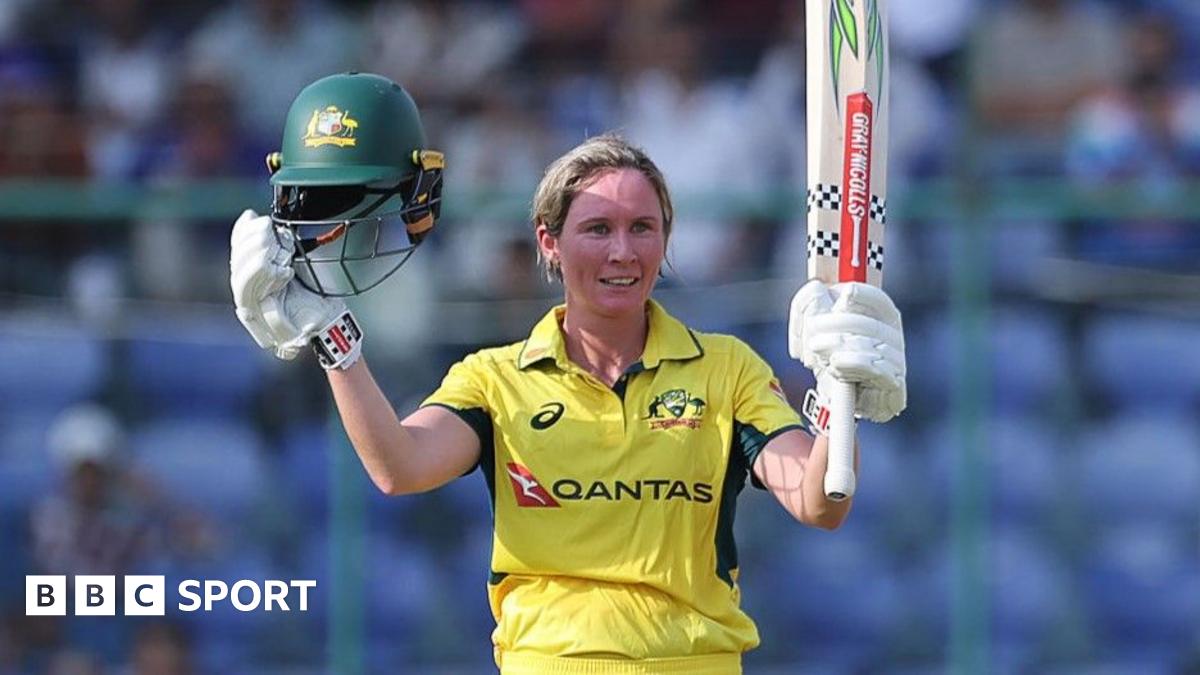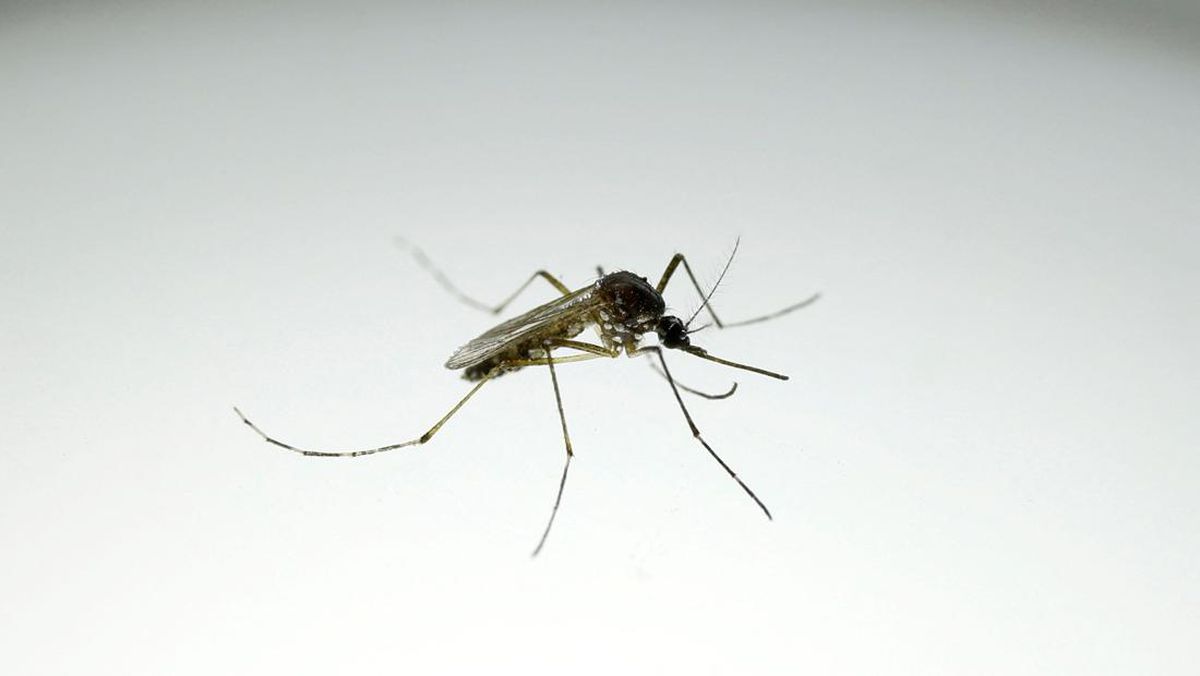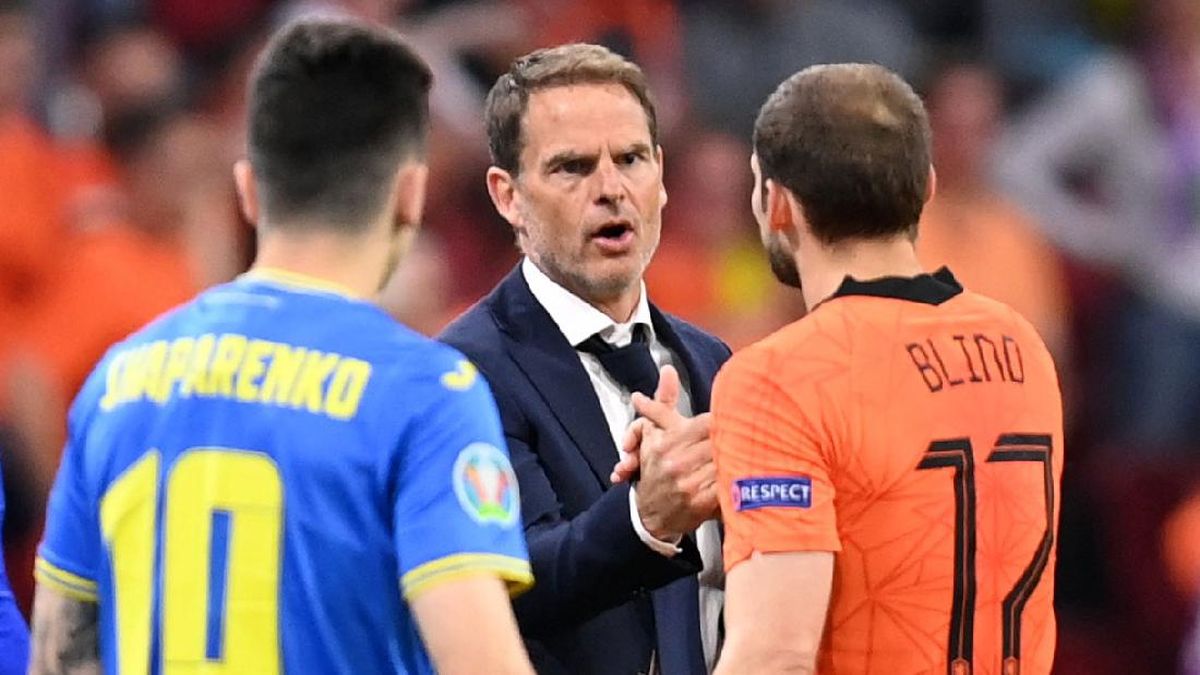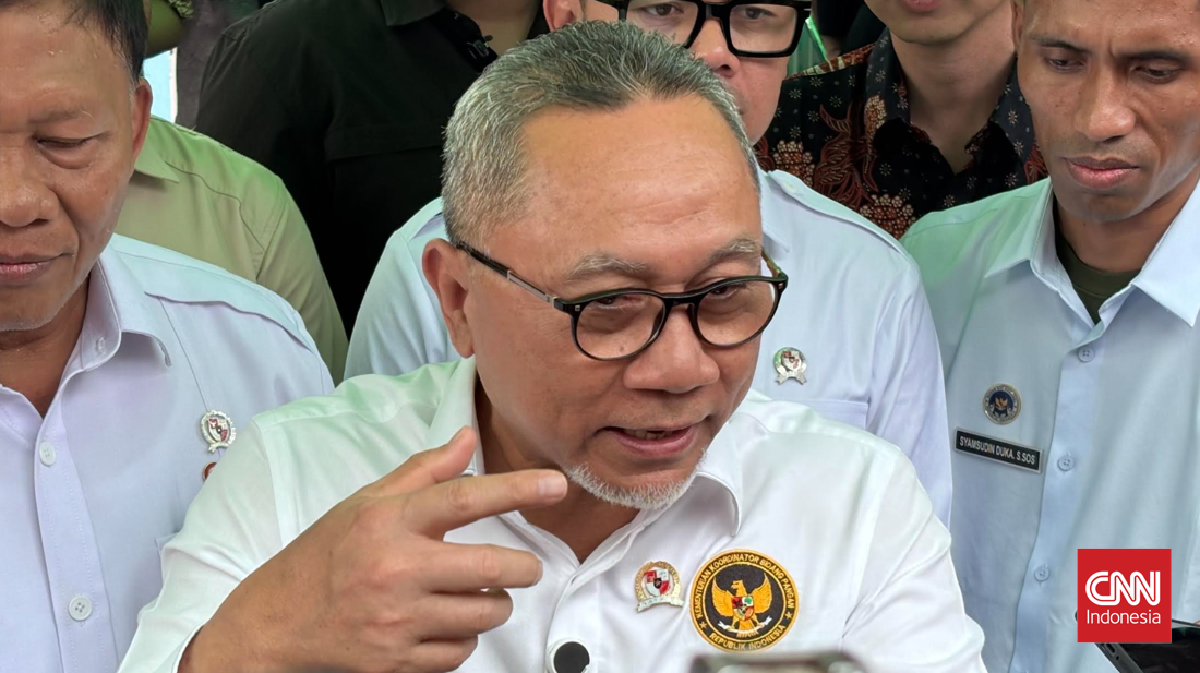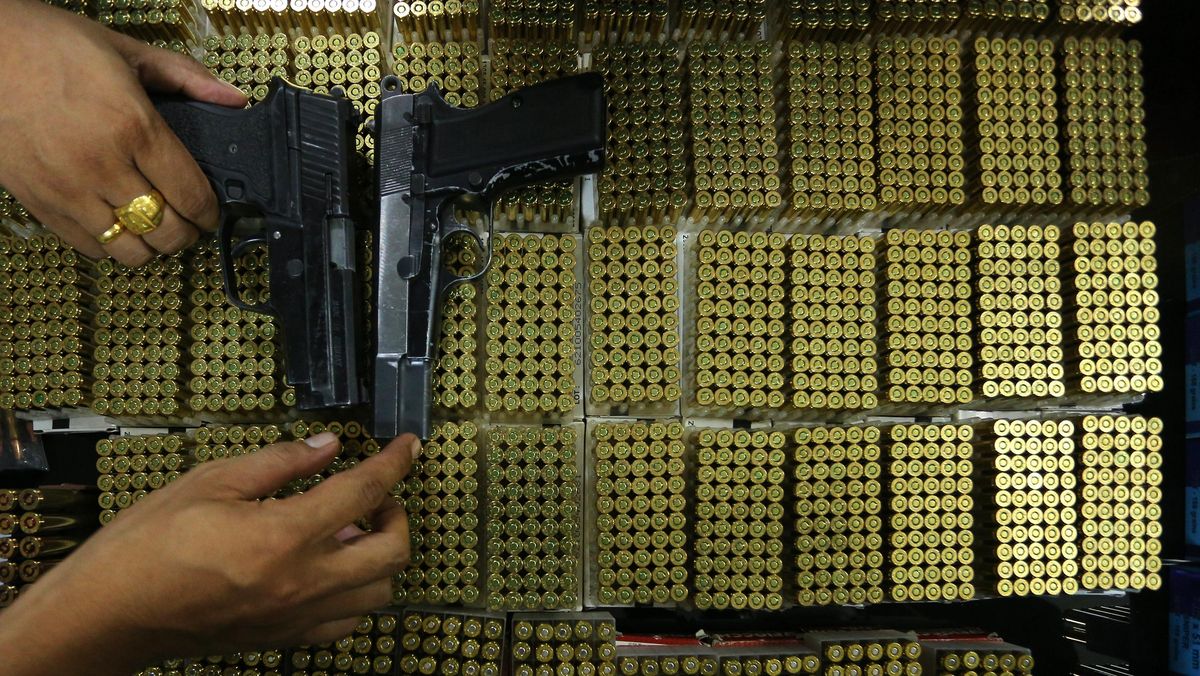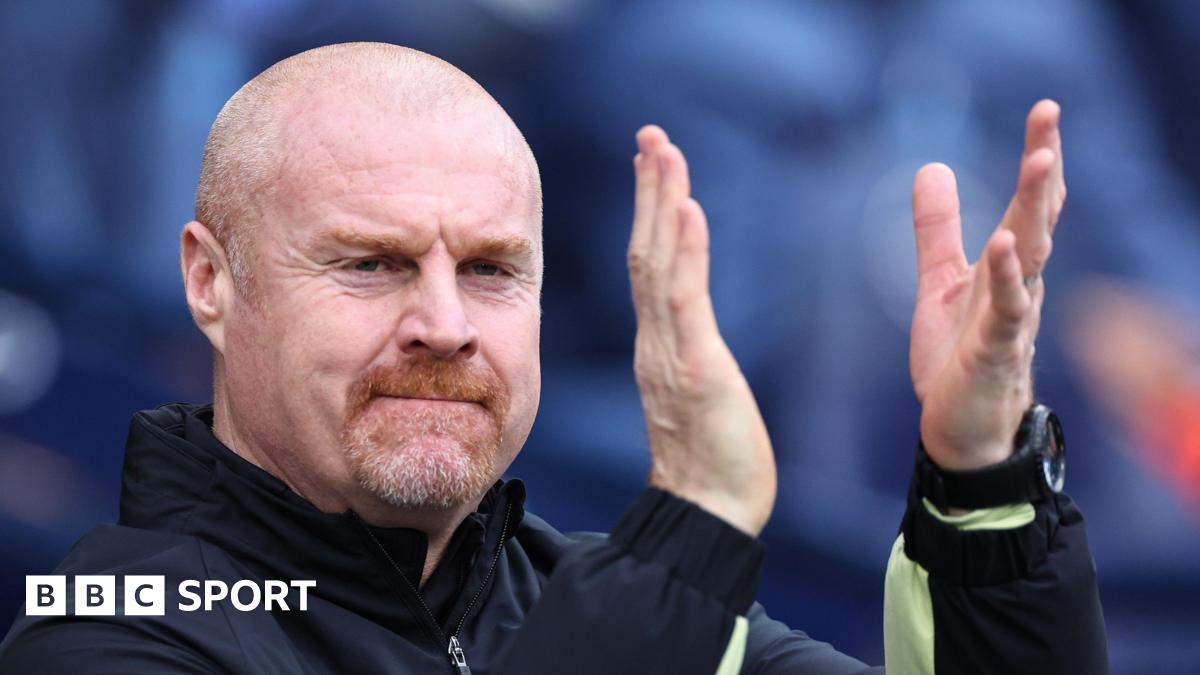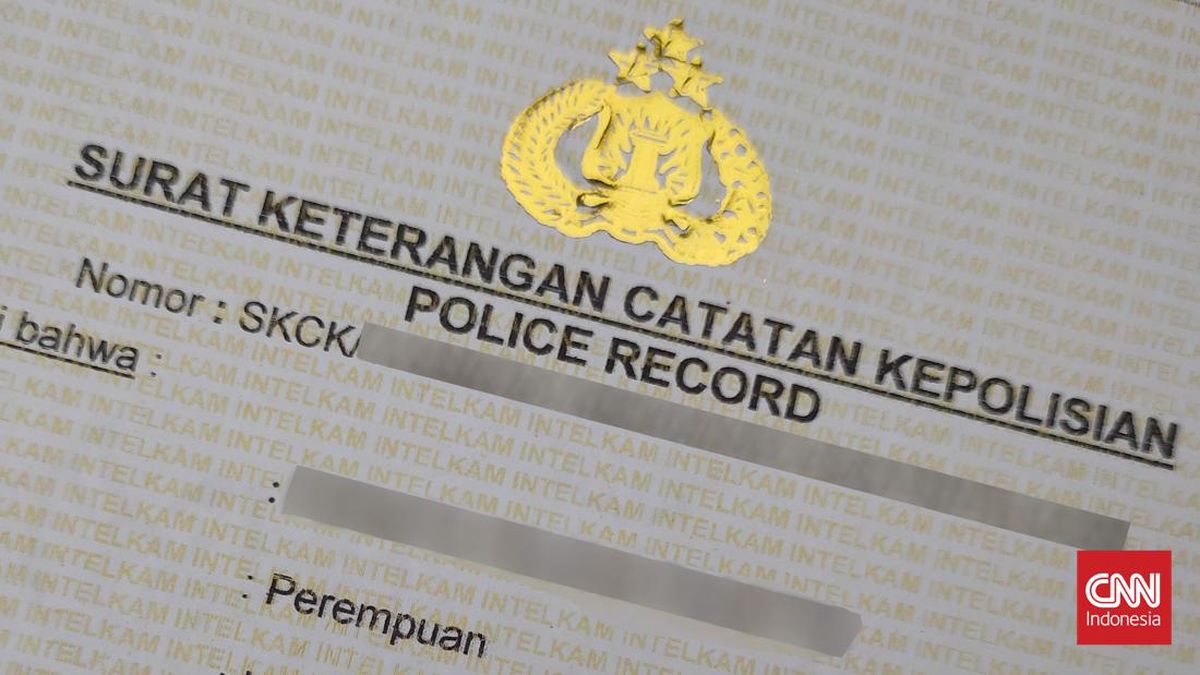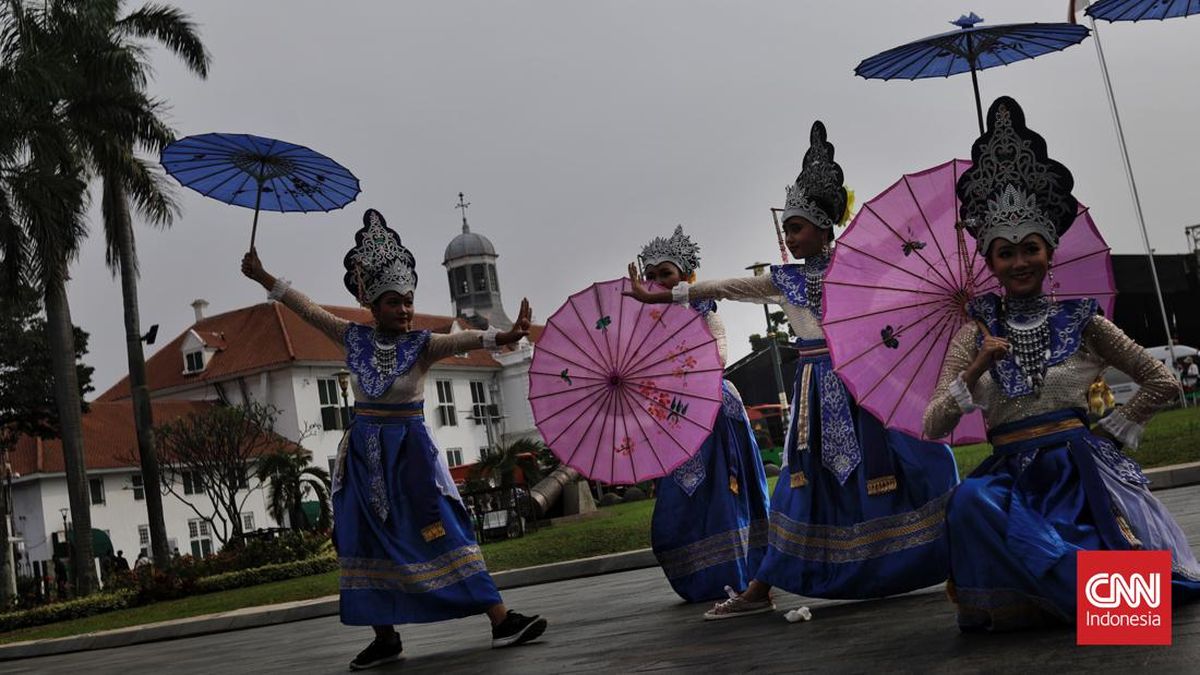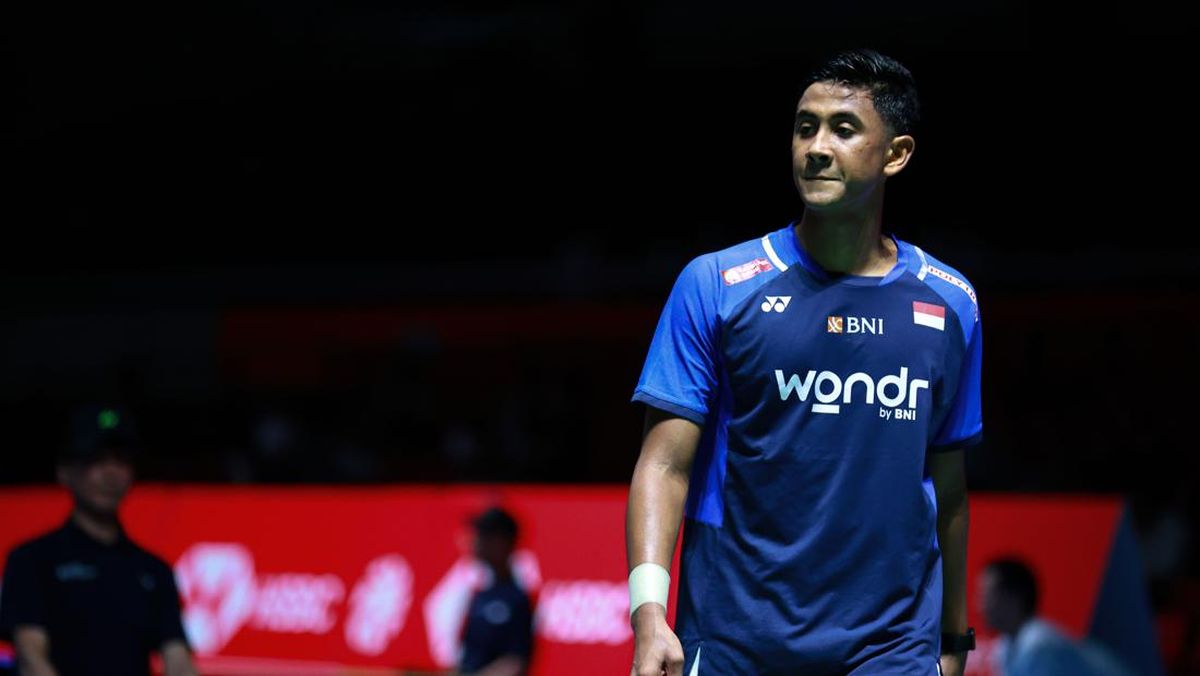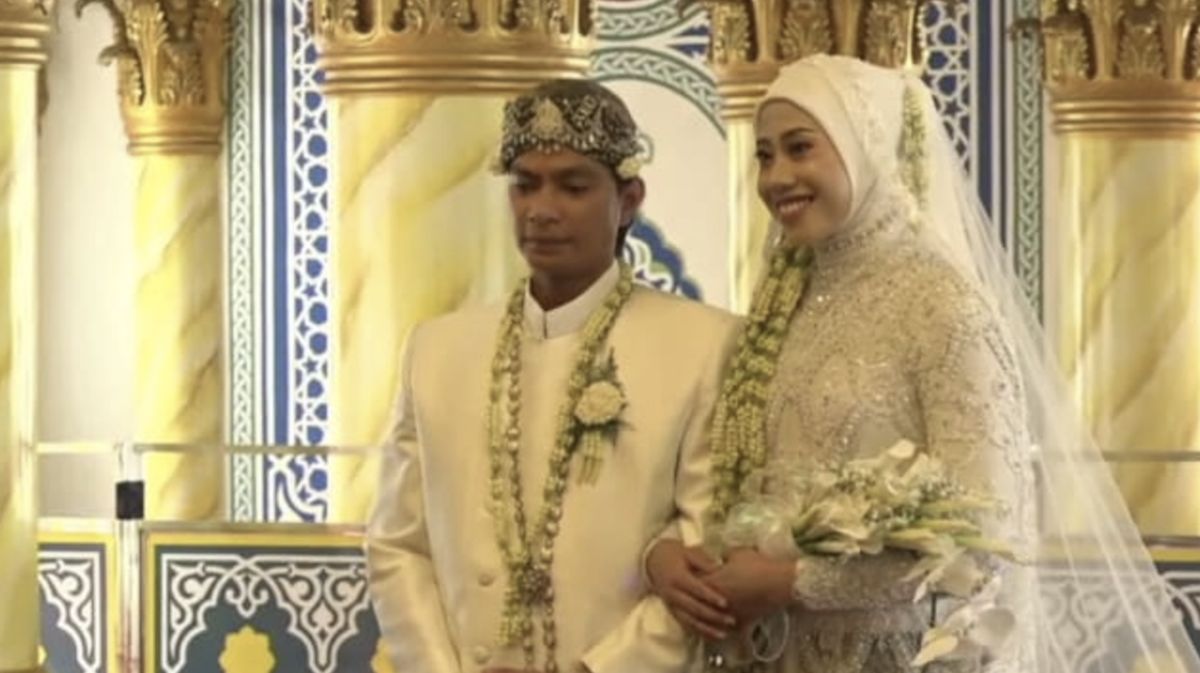It’s perhaps the least expected outcome of the Albanese summit with Trump. After all the hysteria, harmony.
Trump praised the Australian people: “Love them.” The Australian alliance: “There’s never been anybody better.” And the Australian leader: “A great prime minister.”
Kevin Rudd, in a duo with Trump, provided comic relief. “Which misses the point – that this was an entirely successful meeting and credit goes to the ambassador [Rudd] and the US government,” as Charles Edel, of the Centre for Strategic and International Studies in Washington, says.

Prime Minister Anthony Albanese and President Donald Trump in the White House. Credit: AP
The Coalition, struggling to find fault with Albanese, renewed its ritual calls for Rudd to be replaced. The Coalition can’t see past its own tribal fetishes.
Have they breathed a word of criticism against Trump for failing to appoint an ambassador to Australia? No. Have they suggested a better alternative to Rudd? No. So should we take them seriously? The question answers itself.
Beneath the superficial, the two leaders in the White House actually toughened the hard underlying structures of the alliance.
The critical minerals co-development deal and the defence commitments sealed between Albanese and Trump have welded the two nations more strongly together.
Loading
That’s why the former Labor leader, former ambassador to Washington and alliance aficionado Kim Beazley called it “a red letter day”.
But it’s not because of mutual love and affection. It’s because of China. Australia and America have drawn closer this week because of mutual anxiety and hostility towards Beijing.
The alliance harmony, in other words, is based on Sinophobic hostility. And if Xi Jinping had wanted this outcome, he couldn’t have choreographed it better. Beijing conducted two belligerent acts in the week preceding the Australia-US summit.
By announcing export controls on China’s rare earths last week, Xi launched an economic nuclear weapon at the US. Rare earths are essential to a modern economy. You can’t build a computer without them.
Beijing said it would allow some exports, but specified that it would not allow any to be used for foreign military applications, meaning that the US would be unable to build missiles, jets, radars or drones.
China processes 92 per cent of all rare earths in the world, according to the International Energy Agency. Only one company in the world refines one of the elements vital for making heat-resistant magnets, and it’s owned by the Chinese state.
Australia, whose bountiful critical minerals include a cornucopia of rare earth elements, was ready with the offer of a solution. So the Australian proposal, which had been on the table for half a year, suddenly was urgent.
Loading
Trump signed with characteristic hyperbole: “In about a year from now, we’ll have so much critical mineral and rare earths that you won’t know what to do with them.” We won’t; it’ll take longer to build the processing plants.
But, to extend the nuclear weapon analogy, the deal creates the possibility of a future shield against Xi’s threat. The aim is a guaranteed supply chain from Australia to the US, co-financed by the two governments but built by the private sector.
Australia stands to benefit not only from the mining and processing but from access to the finished products, such as MRI scanners, wind turbines, EV batteries and computer semiconductors.
Without such allied cooperation, Beijing would decide who gets what worldwide. It’s claiming global veto over any product that contains even 0.1 per cent of any of its rare earths, and any of the equipment, machinery or technology used to produce it. This is a potential tool for global coercion.
Beijing’s second bellicose action was when its air force conducted a deliberately dangerous interception of an Australian air force plane. It happened in international airspace over international waters the day before Albanese was due to sit down with the US president.
The Peoples Liberation Army air force fighter jet fired two flares into the path of the Australian P8 surveillance plane. Richard Marles said it was unsafe and unprofessional.
Insult quickly followed injury. Nationalist propagandist Hu Xijin wrote that Australia was a small country that needed to be taught a lesson: “Australia must understand that if an incident occurs someday over the South China Sea, their aircraft would be among those most likely – technically and politically – to become casualties.”
If there was the least doubt about the common threat that the US and Australia face from the Chinese Communist Party, it was dispelled it the last week. “Sometimes,” says Charles Edel, “China makes your arguments for you.”
Trump gave full support to AUKUS and the plan to supply Australia with nuclear-powered submarines. And when his secretary of the navy tried to defend the Pentagon’s Colby review of AUKUS as seeking “clarifications”, Trump overruled him: “There shouldn’t be any more clarifications because we’re just, we’re just going now full steam ahead.” Other, lesser, defence acquisitions and investments were approved, too.

US President Donald Trump points as reporters raise their hands to ask questions during his press conference with Anthony Albanese.Credit: AP
Albanese didn’t get everything he wanted. Trump has not relented on tariffs, although the Australian side has not given up and continues to seek relief.
Trump didn’t get everything he wanted. Albanese refuses to increase Australian defence spending as a proportion of GDP beyond his pre-existing plan. But Trump chose not to make an issue of it and merely complimented Australia’s efforts and its military.
Loading
In the three hours that the two men spent together, which included their 40-minute press conference as well as a presidential tour of parts of the White House, Trump asked the Australian leader for nothing, according to informed sources. No demands, no tantrums. And, beyond the rebuffed request for tariff relief, Albanese had no requests of his own.
All in all, it was remarkably like a normal summit between allies. Trump even took the trouble to smooth over any remaining concerns over of the Rudd moment. As the cameras packed up, Trump assured Rudd that all was forgiven. Except by the Coalition, naturally.
Yet it is not a normal time, and Trump, despite the harmony of the day, is not a normal US ally. But, for now, Beijing’s antagonism has kept the relationship solid. Like it or not, it was a good day for the alliance.
Cut through the noise of federal politics with news, views and expert analysis. Subscribers can sign up to our weekly Inside Politics newsletter.
Most Viewed in Politics
Loading


